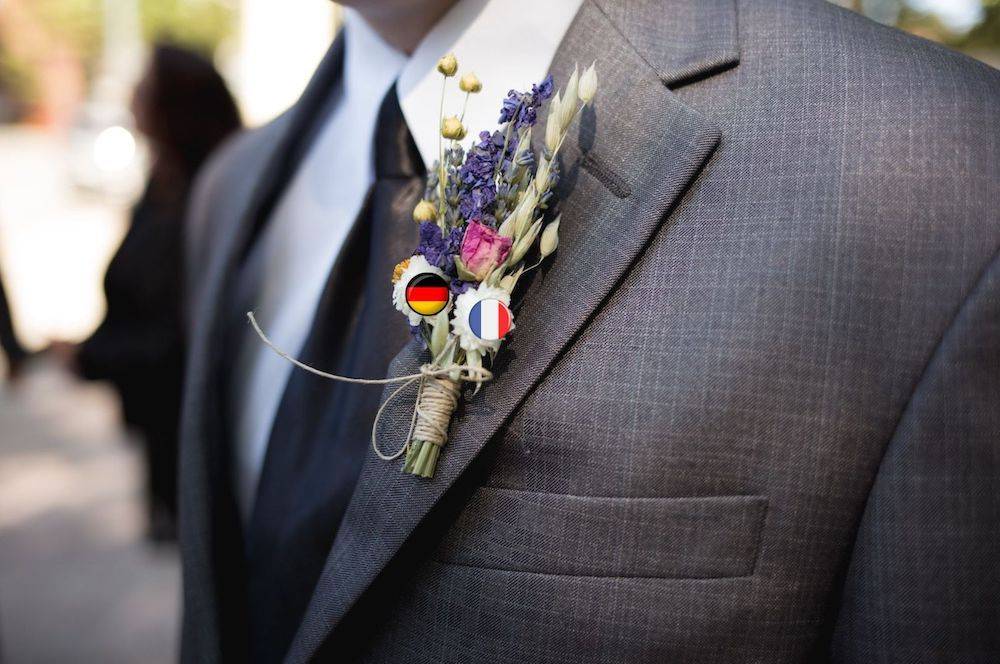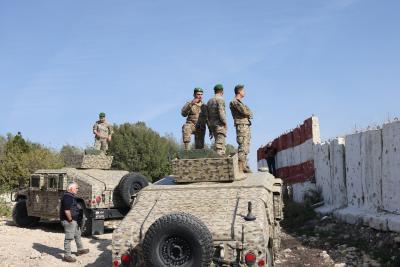Urban legends can be remarkably resilient. They're like fairy tales adults yearn to believe in! Yet, dreams often stand far from reality, and the notion of the "Franco-German couple" is one such instance. Ostensibly a pillar of European unity, which often gets pulled in different directions due to diverse opinions among its member nations, the "Franco-German couple" exposes itself as merely a French intellectual and political construct, mostly overlooked in Germany. This 'couple' can't divorce because, in truth, it never truly existed. While the partnerships of De Gaulle/Adenauer, Giscard/Schmidt, or Mitterrand/Kohl have left historical imprints, once these stalwarts were gone, the 'couple' became hollow.
Though both nations lead in Europe, their differences are evident. They've never agreed on the budgetary approach of the Maastricht criteria. France often seems to spend without strict accountability, while Germany adopts a rigorous stance, stemming from its traumatic hyper-inflationary past. Their divergences further extend to energy strategies: German Greens combat France's nuclear energy, while advocating for coal power in Germany.
The two countries, historically at war, were supposed to symbolize the nucleus of a European army. Gone are the days when the Franco-German Eurocorps proudly marched on the Champs-Elysées during the July 14, 1994 parade. The event, laden with symbolism, marked the first time German tanks rolled on French soil since World War II. But symbolism isn't enough to solidify a relationship; real action is needed.
"Since 2014, Germany has developed a 'Lead Nation' concept within NATO, gearing its army to integrate forces from smaller European countries, enhancing its command, communication, and coordination capabilities," notes Léo Péria-Peigné, a researcher at IFRI. The German military vision aligns closely with NATO, whereas France remains ambiguously positioned regarding the American-dominated NATO. While Paris champions the narrative of a unified Franco-German stance on defense issues, hailing Germany as its prime military ally in Europe, this sentiment is long outdated in Berlin. "Germany's main military partner in Europe is the Netherlands. Most cooperative military structures have become obsolete," an IFRI expert tells Le Figaro.
It's been ages since ambitious Franco-German industrial projects had any traction. Examples include the Future Combat Air System (SCAF), the Main Ground Combat System (MGCS), the future artillery (CIFS), and the future maritime patrol aircraft (MAWS).
The "Franco-German couple" has always been an illusion. Countries don't marry or enter into relationships. Their interactions are driven solely by national interests. European unity remains a field of contention between Paris and Berlin. Olaf Scholz's vision of Europe starkly contrasts with that of Emmanuel Macron. In a speech to the Strasbourg Parliament, the German Chancellor advocated for a European strategy based on equal partnership with the USA, dubbing it "Europe's most significant ally." Paris doesn't resonate with this frequency. France rejects this perceived 'subservience' to the US. France clings to the belief that it can resist. But with the ongoing conflict in Ukraine, does it still have the resources to rebuff this "forced alliance"?
Please post your comments on:
[email protected]
 Politics
Politics














